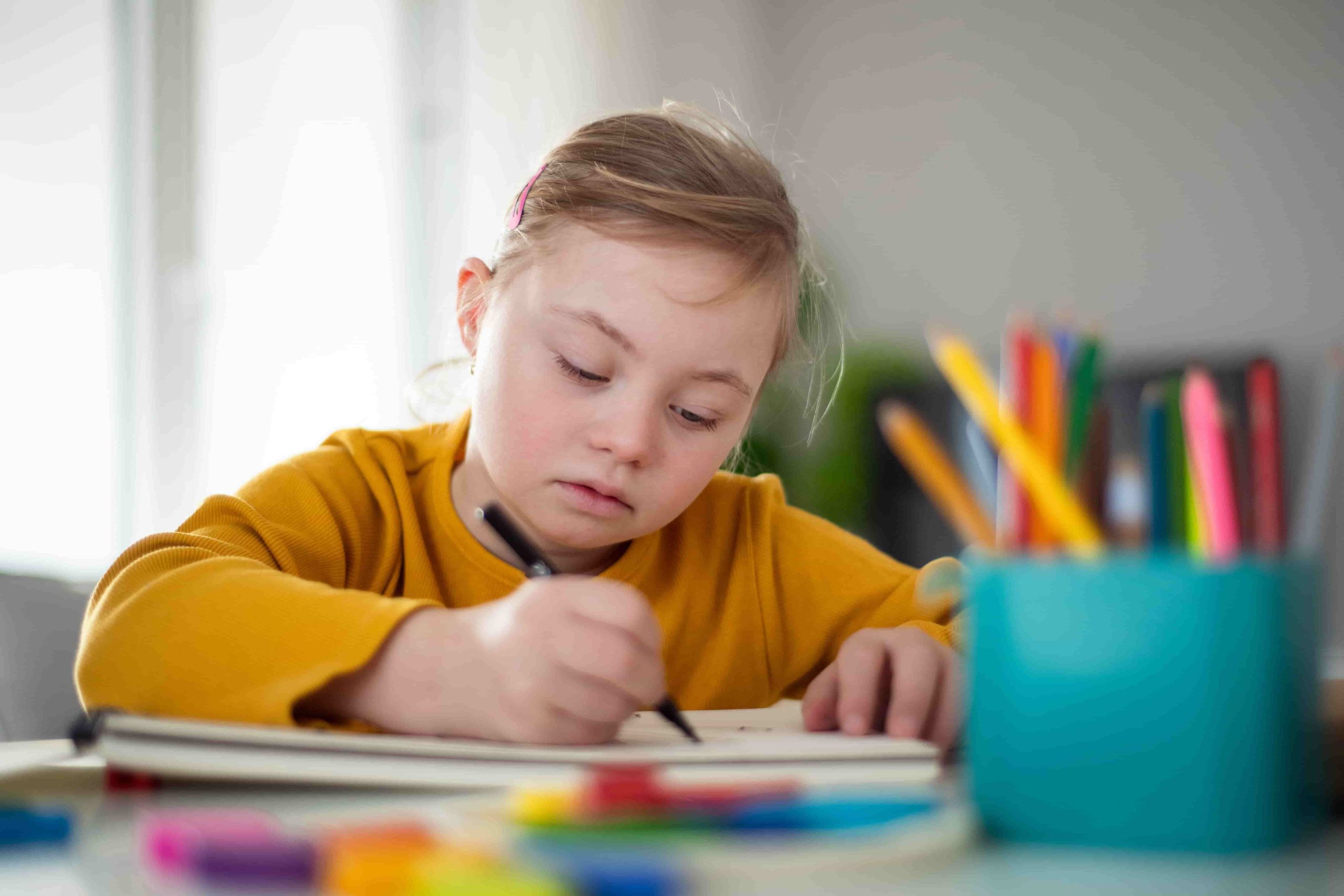How to Support a Child With Learning Disabilities?

- by Admin
How to Support a Child With Learning Disabilities?
Learning disabilities affect the way children acquire, process or communicate information, posing challenges that can impact their academic performance, social interactions and self-esteem. As part of the annual Learning Disability Week, it is essential to raise awareness and provide strategies to support children with learning disabilities.
What is Learning Disability Week?
Learning Disability Week is an annual event dedicated to raising awareness about learning disabilities, promoting understanding and advocating for the rights and inclusion of individuals with learning disabilities. This week highlights the importance of early intervention, accessible education and supportive environments for children and adults with learning disabilities. It aims to challenge misconceptions, reduce stigma and foster a more inclusive society where everyone has the opportunity to thrive.
What is the Difference Between Learning Difficulties and Learning Disabilities?
Understanding the difference between learning disability and learning difficulty in the UK is essential for providing appropriate support and interventions. Although these terms are often used interchangeably, they refer to different types of challenges faced by individuals, particularly in educational settings.
Learning Difficulties:
- Often temporary and can be overcome with appropriate teaching strategies and support.
- Examples include difficulties with specific tasks such as reading, writing or math (e.g., dyslexia, dysgraphia, dyscalculia).
- Children with learning difficulties can typically catch up with their peers with targeted interventions and support.
Learning Disabilities:
- More pervasive and long-term, often affecting multiple aspects of learning and daily functioning.
- Usually diagnosed by professionals and may require specialised support and accommodations.
- Examples include intellectual disabilities, autism spectrum disorder and attention-deficit/hyperactivity disorder (ADHD).
Supporting a Child with Learning Disabilities
Supporting a child with learning disabilities involves a comprehensive approach that includes early identification, individualised support and collaboration between parents, educators and professionals. Below are some effective strategies for teaching kids with learning disabilities and ensuring they succeed both academically and socially:
Early Identification and Assessment
Early identification of learning disabilities is crucial for effective intervention. Parents and teachers should be vigilant for signs such as consistent difficulty in reading, writing, math or social interactions. Professional assessments by psychologists, special educators or paediatricians can provide a clear diagnosis and guide the development of tailored support plans.
Individualised Education Plans (IEPs)
Schools should develop IEPs for children with learning disabilities, outlining specific goals, accommodations and support services. IEPs should be regularly reviewed and updated to reflect the child’s progress and changing needs.
Specialised Teaching Strategies
For teaching kids with learning disabilities, it’s important to use multisensory teaching methods that engage visual, auditory and kinesthetic learning styles. Break tasks into smaller, manageable steps and provide clear, concise instructions. Use assistive technology such as text-to-speech software, audiobooks and interactive learning tools.
Creating an Inclusive Environment
Foster an inclusive classroom and home environment where diversity is celebrated and all children feel valued and supported. Encourage peer support and buddy systems to promote social inclusion and friendships.
Day Centres for Learning Disabilities
Day centres offer specialised programs and activities tailored to the needs of children with learning disabilities. These centres provide a structured environment where children can develop social skills, engage in therapeutic activities and receive individualised support.
Activities for Learning Disabilities
Incorporate activities that promote cognitive, social and emotional development. Examples include arts and crafts, music therapy, sports and interactive games. Adapt activities to suit the child’s abilities and interests, ensuring they are both challenging and achievable.
Day Care and Nursery Schools in Wimbledon
Daycare centres and nursery schools in Wimbledon, such as Wimbledon Day Nursery specialise in early childhood education and can provide a supportive and inclusive environment for young children with learning disabilities.
Our settings offer opportunities for early intervention, social interaction and play-based learning, laying a strong foundation for future academic success.
Our specialised schools for learning disabilities offer tailored curricula, smaller class sizes and individualised support. These schools focus on the holistic development of children, addressing academic, social and emotional needs in a supportive environment.
The Role of Parents and Caregivers
Parents and caregivers play a crucial role in helping children with learning disabilities. Be an advocate for your child’s needs within the school system and ensure they receive the necessary support and accommodations.
Establish a routine, provide a quiet and organised space for homework and encourage open communication about their feelings and challenges. Learn about your child’s specific learning disability and effective strategies to support them.
Experience Exceptional Early Learning at Wimbledon Day Nursery
Supporting a child with learning disabilities requires a collaborative and compassionate approach. By understanding the differences between learning difficulties and learning disabilities, utilising specialised teaching strategies and creating inclusive environments, parents, teachers and caregivers can help children with learning disabilities reach their full potential.
Find a nurturing and inclusive environment for your child at Wimbledon Day Nursery. Our dedicated staff provides personalised care and early childhood education tailored to each child’s unique needs. With a focus on holistic development, we offer engaging activities that promote cognitive, social and emotional growth.
Enrol your child today to give them the best start in life. Contact us now to schedule a visit and see how we can support your child’s early learning journey.
